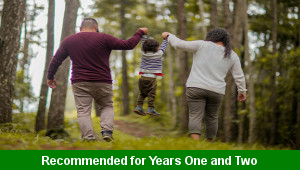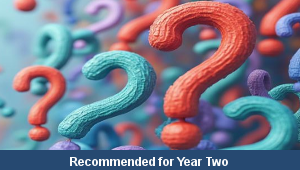Lesson Two – Food Choices

This science teaching pack for Key Stage One gets the children to practise sorting a range of different foods into groups to show healthy and unhealthy options for a family breakfast, lunch or dinner meal.
The class can design and produce artwork showing examples of healthy and unhealthy foods that might be eaten for a family meal at different times of the day.
Download this teaching pack including a lesson plan, classroom activities and an interactive presentation to teach the children to practise sorting a range of different foods into groups to show healthy and unhealthy options for a family breakfast, lunch or dinner meal
Activities in this teaching pack include display posters to sort between healthy and unhealthy foods choices, a set of cards to differentiate between a range of different types of foods into groups for healthy and unhealthy food choices and a template to select and sort a range of different foods into matching groups for healthy and unhealthy food choices (enlarge to A3).
The interactive presentation gets the children to explore how to sort between a range of different foods into groups to show healthy and unhealthy meal options.
This lesson is part of a science scheme of work to get the children to identify and compare the benefits of different types of foods including fruit and vegetables and discuss ways to care for the body using cleaning and exercise tasks. There are teaching activities for shared learning, differentiated worksheets to support independent learning and interactive presentations to introduce concepts and key skills.
-

Maths Measurement Assessment
Assess abilities in estimating, measuring and comparing a range of different measurements for length, mass and capacity
-

Family Life
Investigate and reflect on some of the special events and experiences that might happen in the life of a family
-

Final Sounds Word Guess
Practise playing some guessing and matching games to identify the spelling and meaning of words with different final sounds
-

Building Reports
Explore how to collect facts and information to work with when composing and presenting non-chronological reports about buildings that can be found in the local area
